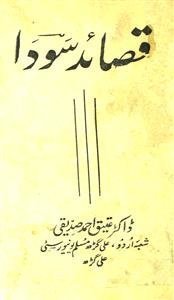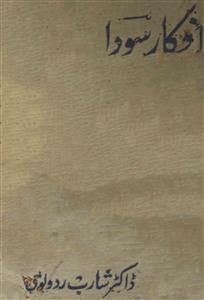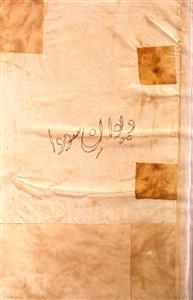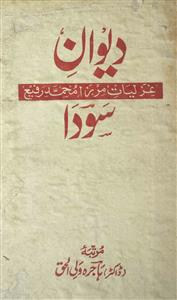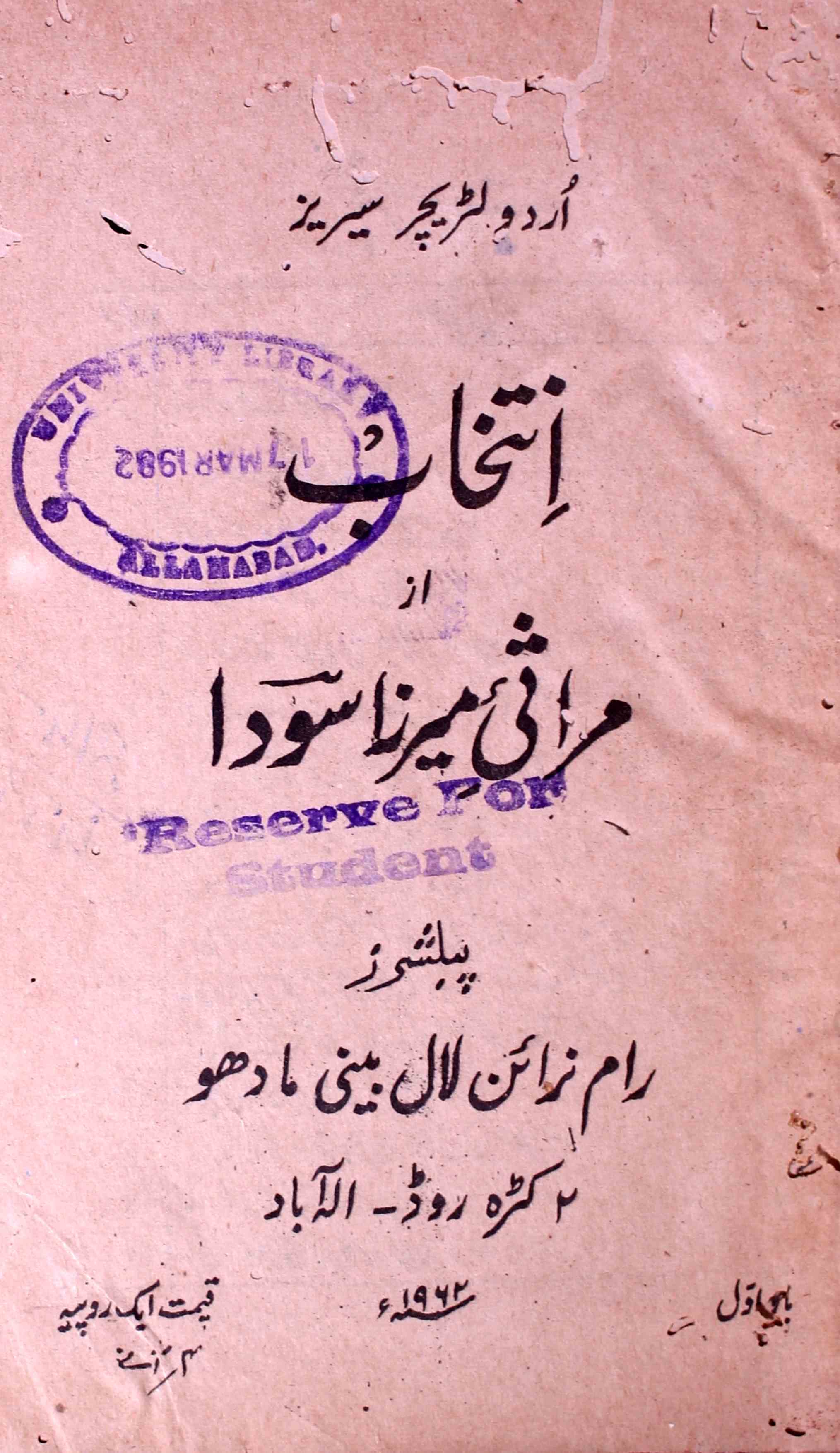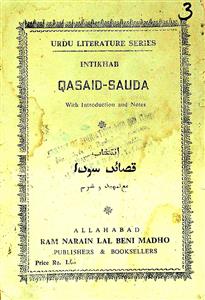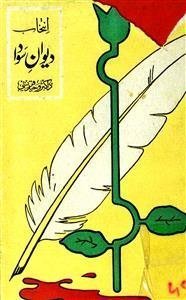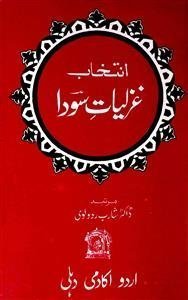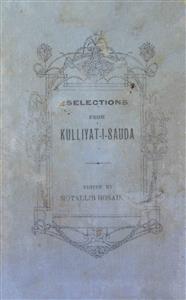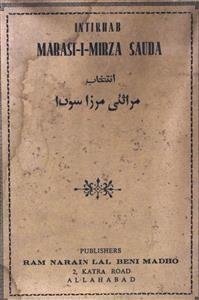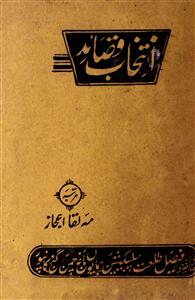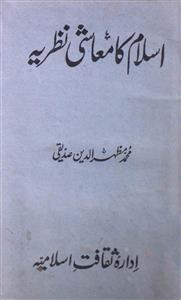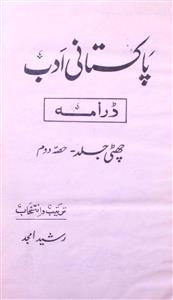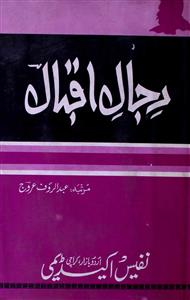 For any query/comment related to this ebook, please contact us at haidar.ali@rekhta.org
For any query/comment related to this ebook, please contact us at haidar.ali@rekhta.org
About The Book
اٹھارھویں صدی کو اردو ادب کے لئے سنہرے دور سے تعبیر کیا جاتا ہے۔ اسی دور میں سودا نے اردو شاعری کو مختلف جہتوں سے مالا مال کیا،غزل کے علاوہ مدح و قدح کو انہوں نے ایک نئی جہت دی۔ اس کتاب میں ان کے فن، قصیدہ گوئی پر بحث کی گئی ہے۔ سودا نے مشکل اور سنگلاخ زمینوں میں قصیدے لکھے ان زمینوں یعنی ردیف ، قافیہ اور بحر ان تینوں کا یہاں جائزہ لیا گیا ہے۔ سودا کے قلمی نسخوں سے استفادہ کا بھی یہاں ذکر ہے اور ان کی ترتیب میں تقدیم و تاخیر کی جو روایت رائج تھی،اس سے انحراف کی طرف بھی اشارہ ہے۔ نیزعلامات میں عام قاعدے سے روگردانی کا بھی ذکر ہے۔ کتاب میں مطبوعہ اور غیر مطبوعہ نسخوں کا بھی تعارف ہے۔ یہ نسخے مختلف لائبریریوں یا کسی کی ذاتی ملکیت میں ہیں۔ اس کتاب میں ان سب کا مطالعہ کرکے موازنہ کیا گیا ہے اور پھر عالمانہ تجزیہ و تبصرہ پیش کرنے کے ساتھ ہی نبی کریم ؐ کی شان میں قصیدے اور اس کے بعد حضرت علی اور ان کے خاندان کی منقبت کا ایک طویل سلسلہ ہے۔
About The Author
Mirza Mohammad Rafi Sauda (1713-1781), son of an aristocrat father who had migrated from Kabul to India for trade, was born in Delhi. He was well provided for to meet the needs of a decent life and lived in comfort. Not attracted by mercantile interests of his family, Sauda found a place of prestige in the court and also among the nobility. He left Delhi when the city fell a prey to misfortune, and went to several places in Uttar Pradesh, before he came to Lucknow. Nawab Asifuddaulah patronised him and rewarded with an annual stipend of rupees six thousand.
Sauda wrote in Persian, before coming to Urdu. John Borthwick Gilchrist, the famous linguist and Indologist, acknowldged rather profusely that he learnt his Urdu from Sauda’s Divaan. The Persian literary tradition helped him acquire a tone and tenor which he adopted to his benefit for writing his poetry in Urdu. He looked at life sportingly, enjoyed his vigour and optimism, and relished the pleasures of life in full measure. He reflected this spirit of broader and brighter apprehensions of life in his poetry with certain ease. Both his Persian and Urdu poetry expressed his maturity of thought and linguistic finesse in these two languages. His ghazals hold close to the tone and tenor of panegyric which he brought to its height. Marked for his vitality of imagination, precise turns of phrases, and compact expressions, he practised various forms of poetry like panegyric, satire, and elegy, and emerged as one of the canonical poets in Urdu.
 For any query/comment related to this ebook, please contact us at haidar.ali@rekhta.org
For any query/comment related to this ebook, please contact us at haidar.ali@rekhta.org
